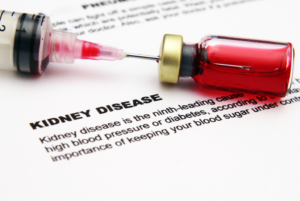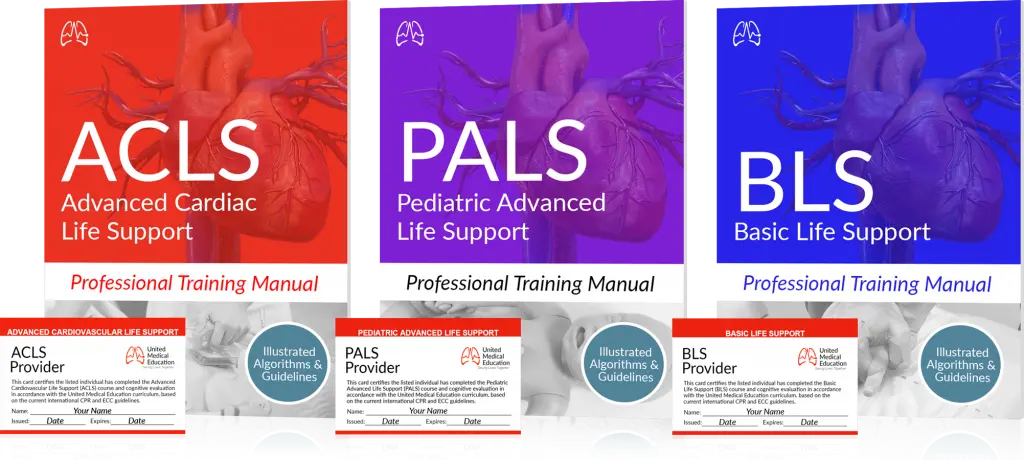
Carlo Castillo
Carlo is a Professional Health and Education Writer. He has built a career creating educational articles for both patients and healthcare professionals.
The heart serves a vital role as it works to pump oxygenated blood throughout the body. Another organ that plays a crucial role is the kidney as it filters the blood, and extracts waste in the form of urine. The kidney also assists in regulating salt and water levels to manage blood pressure.
According to recent studies, heart failure has been proven as a critical risk factor for kidney disease. As soon as the heart fails to pump as efficiently as it should, it gets congested with blood and causes pressure to rack up in the main vein linked to the kidneys. This also leads to blood congestion in the kidneys. Reduced oxygenated blood supply badly affects the kidneys.
As soon as the kidneys get impaired, the hormone system of the body turns into overdrive as it tries to increase the supply of blood to the kidneys. This leads to the heart pumping against higher pressure and suffering from the unusual and increased workload.
Doctors regularly check kidney function once a patient is diagnosed with heart disease. A blood test can help check creatinine levels. The kidneys secrete creatinine and if this waste product has been found at raised levels, doctors may suggest impairment. For some patients, ultrasound or even a CT scan may be required to fully examine the function and structure of the kidneys.
In the worst of cases, emergency situations may not be avoided when the deadly combination of heart disease and kidney disease triggers inside the body. Having proper Basic Life Support (BLS) training and learning comprehensive BLS algorithms could be vital during these certain situations.
What is the Relation between Heart Disease and Kidney Disease?
Heart disease and kidney disease share two similar main causes: high blood pressure and diabetes.
High Blood Pressure
The force of blood that pushes against the blood vessels’ walls is commonly known as blood pressure. Having high blood pressure translates into harder blood pumping of the heart which could be very strenuous for the vital organ. Blood vessels may also be damaged by having high blood pressure. If the kidneys’ small blood vessels get damaged, the kidney will not be able to properly filter the blood.
High blood pressure and kidney disease affect each other and unfortunately bring nothing but negative effects to the body. By having damaged kidneys, filtering of the extra salt and water from the body will not be accomplished properly. This could lead to high blood pressure and make kidney disease even worse. This dangerous cycle only spells trouble for the body as both diseases make each other worse.
Diabetes
Having diabetes means there is too much glucose in a person’s blood. Excessive glucose in the blood for an extended period can damage different parts of the body such as the kidneys and the heart.
CKD leads to Cardiovascular Disease
People with CKD or chronic kidney disease have a higher risk of developing cardiovascular disease or CAD. According to population studies, chronic kidney disease patients tend to have a higher incidence of the common risk factors for cardiovascular disease. These include a sedentary lifestyle, diabetes, smoking, hypertension, high cholesterol, and older age.
However, even without associated risk factors, CKD itself badly increases the risk of developing CAD. Kidney disease heightens the risk via different mechanisms. Toxins that gather in the blood due to abnormal kidney function increase the risk for cardiovascular disease. Other metabolic and blood abnormalities linked to CKD also heighten the risk. Such examples include anemia, abnormal calcium metabolism, poor nutrition, a chronic inflammatory state, and increased blood protein levels.
When together, the risk factors tend to create a generalized endothelial dysfunction which is a condition connected to CAD and other conditions such as diastolic dysfunction, cardiac syndrome x, and hypertension.
Due to these findings, cardiovascular diseases associated with CKD tend to be more severe and respond poorly to different types of treatment.
Cardiorenal Syndrome
Cardiorenal syndrome covers a wide spectrum of disorders that involve the heart and the kidneys. Any chronic or acute dysfunction in one organ may cause chronic or acute dysfunction in the other. Cardiorenal syndrome represents the heart-kidney confluence across multiple interfaces.
Each type has its unique pathophysiology with unique management strategies and varying prognoses. Cardiorenal syndrome type 1 is the most common and most analyzed type.
It must not be shocking to know that having the disease in the two organ systems is worse compared to having the disease in only one organ system. Chronic heart failure patients who also have kidney disease are more at risk of death. In addition, among chronic kidney disease patients, almost half die because of cardiovascular problems.
Heart failure is a condition that is caused by almost any type of heart disease. Kidney disease is known to be one of the many problems brought forth by heart failure.
Challenges in Cardiorenal Syndrome Management
Managing cardiorenal syndrome patients usually requires making recommendations of therapies that are contradictory. While one attempts to treat congestion and volume overload, the aggressive diuretics usage and volume depletion make renal function worse. Angiotensin receptor blockers, even though cardiorenal protective, can temporarily worsen renal function. Preserving renal function also causes cardiac congestion. Nephrologists and cardiologists usually provide contradictory recommendations which lead to difficult decision-making for the attending medical team.
The focus should be centered on recognizing cardiorenal syndrome then providing treatment for the patient as a whole and for the long term. Optimization of the therapy for heart failure helps preserve renal function. Low doses of vasodilators like nitroglycerin may help in improving transrenal blood flow while renal function still gets protected. There are also new approaches like ultrafiltration that may provide additional chances to improve volume regulation and yet preserve cardiac and renal function.
The Importance of a Healthy Heart for Dialysis Patients
The link between heart disease and kidney failure has been very clear. Thus, dialysis patients need to be more mindful of their heart’s health. Below are the best tips to protect yourself from potential heart disease – or keep it from getting worse.
Manage Blood Pressure
Always take your blood pressure medicines religiously. The usual blood pressure reading should not be higher than 140/90 before treatment and 130/80 after treatment. Always follow sodium (salt) and fluid limits to prevent extra fluid from congesting. Diet must not include more than 2,000 mg of sodium per day.
Manage Blood Sugar Especially if Diabetic
Always check blood sugar levels as often as your doctor recommends. Never veer away from the treatment plan or diet, exercise, and medication. All the more, diabetes makes the heart and kidney problems worse. That is why you should consult with your doctor on what medicines would work best when on dialysis.
Lessen High Cholesterol Levels
Always get an annual blood test for the following:
Triglycerides
High-density lipoprotein (HDL)“good” cholesterol
Low-density lipoprotein (LDL) “bad” cholesterol
Total cholesterol
A low-fat diet should be observed as well.
Manage Phosphorus and Calcium
The body needs both phosphorus and calcium at optimal levels. These are two essential nutrients that should be emphasized especially if you are on dialysis treatment. Dialysis patients usually develop phosphorus and calcium imbalance, which could lead to heart disease. It is important to follow a low-phosphorus diet and take phosphate binders together with your meals.
Increase Physical Activity
Ask your doctor if physical therapy is needed to improve strength and endurance. Performing regular exercise helps to keep the body in check. Make sure that you start slow and build gradually up to 30 minutes per day. Physical activity also helps with reducing excess weight and fights off obesity. As we all know, obesity is dangerous to your overall well-being and especially to your heart.
Eat Heart-Healthy Foods
Only eat foods that are low in cholesterol and saturated fats. Limit eating high-phosphorous foods such as nuts, dairy, dried beans, seeds, dark sodas, and peas. Opt for foods that are filled with omega-3 fatty acids like flaxseeds, salmon, walnuts, canola oil, and soybeans.
Treat Anemia
The majority of people who have kidney disease usually develop anemia. Anemia is a condition where the body fails to have the right amount of healthy red blood cells. Proper treatment of anemia helps in preventing heart disease. By correcting anemia, the thickening of the muscle on the left portion of the heart can be prevented. When this muscle gets thick, the heart will have a harder time pumping blood.
Avoid or Stop Smoking
Smoking is a notorious risk factor for heart disease. Avoiding this would be a smart choice. If you already smoke, consult with a professional to help quit the habit.
Be as Stress-Free as You Can
Being stressed out with feelings such as anger, worry, and sadness may add up and keep your heart from being healthy. Being on dialysis may be stressful enough but it would be best to consult with the right people for psychological counseling if needed.






